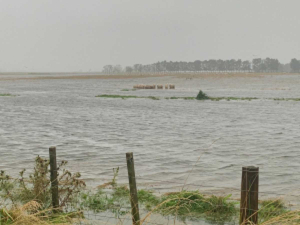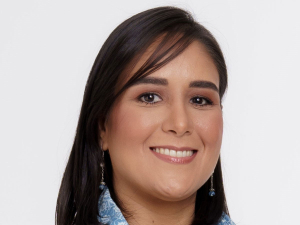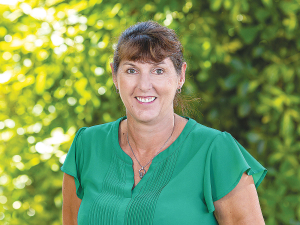Rural insurer FMG has paid out $228 million to communities impacted by two major weather-related events - Cyclone Gabrielle and the Auckland Anniversary Weekend floods.
FMG says it has acknowledged 80% of claims closed in response to the two events that make up the biggest job FMG has faced in its 118-year history and saw more claims received than from the Kaikōura and Canterbury earthquakes combined.
Payout for residential dwelling damages topped $85m while $30m was paid for damaged farm buildings. Domestic content payout topped $22m, farm contents $9m and farm vehicles $5m.
FMG’s recovery manager Jacqui McIntosh says that learning from the past and the company’s rural expertise has helped them to get money back into impacted communities faster than ever before.
“With a high number of impacted members on the East Coast, we knew we needed to move quickly, and move people around the business to increase the number of our people on the phones.
“The claims rolled in exponentially and we quickly saw the impacts these events had had on our clients, their homes, businesses, and livelihoods. These are the type of claims that are all consuming for all involved.
McIntosh referenced claims from homes and businesses, vehicles destroyed by flood waters, crops lost to silt, businesses interrupted, stock lost and farm fences destroyed.
“Every FMG client with an open flood or Cyclone related claim from earlier this year has an assigned FMG consultant to work with. It’s amazing what is learnt in the process of navigating some of these claims. Our people know their businesses, their families, their pets and properties. It becomes very personal.
“I have watched our people going the extra mile, time and time again. Many have been here before. They were here for the Canterbury Earthquakes and again in Kaikōura. And they will be here for the next claim – be it big or small”.
FMG knows there is still a road ahead for many; they still have claims to settle and acknowledged the sometimes challenging processes to fully understand the damage sustained, the value of property and if it can be repaired or replaced.
“We still have clients facing uncertainty around the future of their homes and businesses. It is important that time is taken to make sure we all understand the future risks to people and property.
“What I can provide assurance on, is that we are here for the long haul. FMG is part of the very fabric of rural New Zealand. We have been here for 118 years, and we will be here for 118 more,” McIntosh says.


















